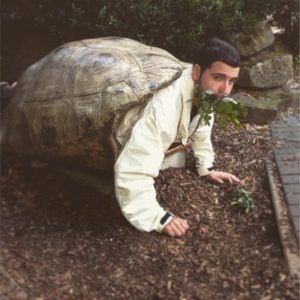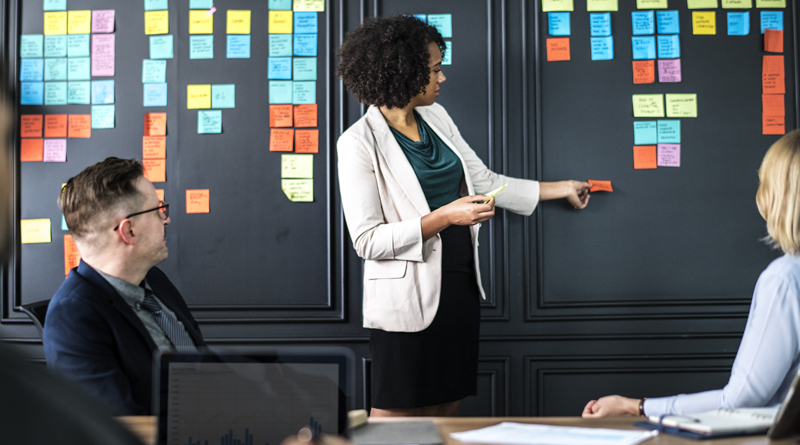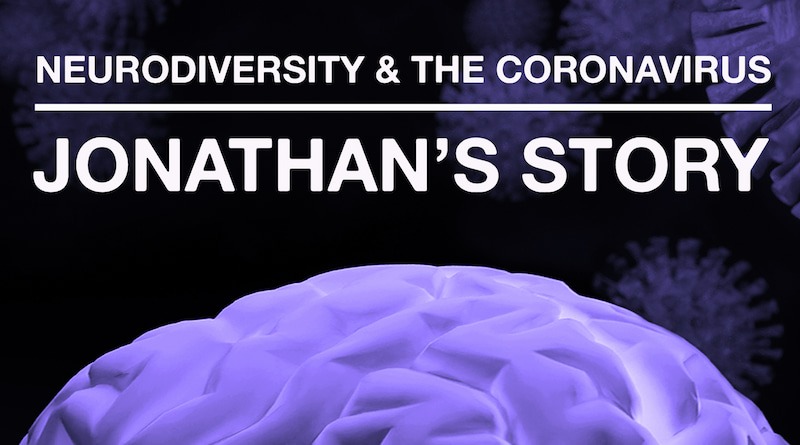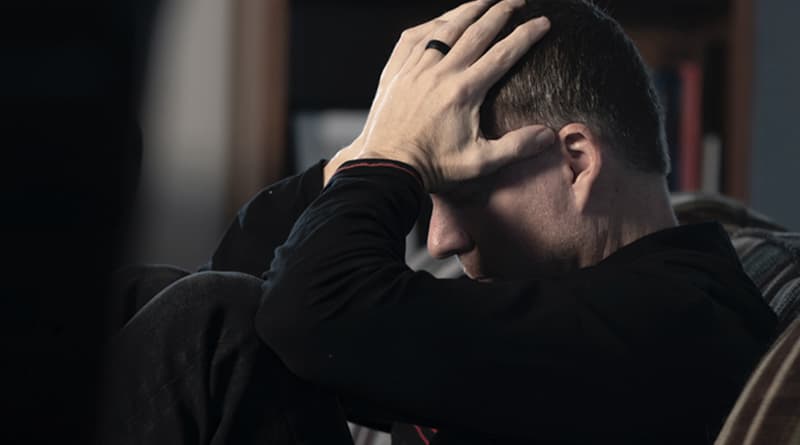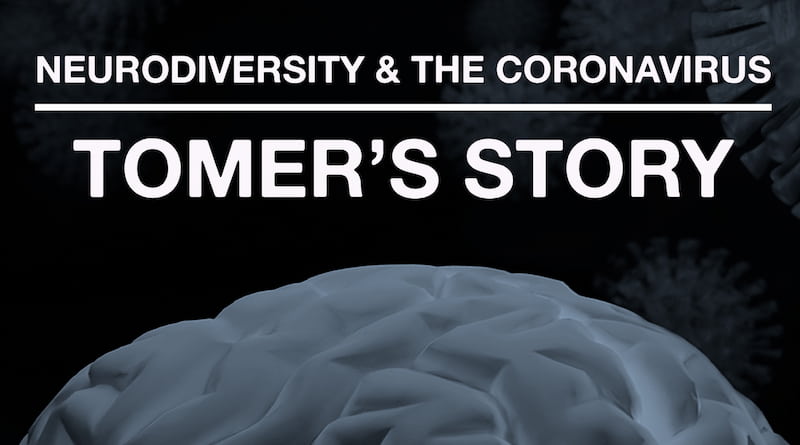
The Coronavirus Pandemic: Tomer’s Journey With Autism:
The Pandemic: Tomer’s Story:
About the Author:
Tomer is an autistic self-advocate & founder of the Tangency Foundation, a nonprofit activism literacy organization which provides scholarships, grants, activism workshops, and educational programs to community stakeholders. Tomer leverages over 10 years of experience working with nonprofits and communities in the United States to develop activism literacy programming and empower communities to advocate for systemic change. Tomer currently interns with Different Brains. He wants to develop resources for neurodiversity awareness and advocacy and aims to help neurodivergent individuals like himself find the resources and courage to change the world.
Life Before the Pandemic:
Q: Describe your everyday life before the pandemic. Include social aspects, such as school, work extracurricular activities, or anything social, like spending time with friends or family.
A: Before the pandemic I was nearing my senior year, living in a studio apartment across the street from my college. I was heavily involved in campus advocacy, and organized cleanups on the street I adopted when I could. I was working for Starbucks then, but eventually I quit because the company didn’t seem to value its employees’ health and safety. I already didn’t go out much to socialize, but the pandemic became an opportunity – for better or worse – to stay inside and not get distracted. I actually was at my prime during the height of the pandemic, with productivity levels I had not seen before or since.
Reactions & Changes to the Coronavirus:
Q: Describe how you initially reacted to COVID-19 and the social distancing.
A: It just seemed obvious to me at first, like it made sense that we should limit the spread. The summer of 2020 I took two courses in epidemiology, and it helped me learn how to quantify the spread of the virus using public data. One of the first things we learned for modeling changes in infection rates over time was the standard SIR model, and one of the biggest factors in slowing the spread is limiting the exposure of susceptible individuals.
Q: In what ways have your life and schedule changed as a result of the coronavirus?
A: Masks have been a godsend, helping me deal with social anxiety by obscuring my face a bit. The changes in social dynamics have wreaked havoc on my interpersonal communication because I have learned specific contexts which I use to guide my behavior in social interactions, but the requirements of the pandemic, such as no handshaking, etc, make it difficult for me to know specifically what I need to do in a given situation. I lost weight and started eating healthy, but eventually after a death in my family, everything fell apart.
Q: What have you had to do in order to adapt to these circumstances?
A: I have limited my interactions with others, and this has helped me focus on my own work. I also developed new time management strategies to stop days from blending in together, and on August 23rd, 2020, I quite nicotine.
Neurodiveristy & The Coronavirus:
Q: If you are neurodiverse, how has this pandemic affected your conditions, or how have your conditions affected how you’re dealing with the pandemic?
A: It has made it more difficult for me to understand my role in various social contexts, even in well-defined contexts such as work. However, being inside all day has helped with my hypersensitivity to light because I can stay inside and keep the lights low. I have also experienced a great deal less of social anxiety
What Getting the Virus was Like:
Q: Have you gotten the coronavirus? If so, what was having COVID-19 like and what do you want people to know about it?
A: I got it in October – despite being careful, not going out, and sanitizing my groceries when I got home. Likely I got it through my work at Starbucks. I lost my ability to taste and smell for a considerable amount of time, maybe a few months. Other side effects were standard flu like symptoms.
Coping With Change:
Q: What coping mechanisms did you use in order to deal with the craziness of the pandemic?
A: I started journaling and took time to start working on more personal projects. The projects were a big thing because they helped me stay passionate about my time instead of becoming lazy and letting the days melt into each other. I also started meal prepping, which was relaxing, made new decorations, started growing out my hair, and started playing more music. I learned to code, received my medical assisting certification, and started taking scuba diving lessons.
Life Lessons & Advice:
Q: What have you learned about yourself during these circumstances?
A: I learned that I enjoy the shift online, and that I am incredibly productive when I am able to limit my distractions.
Q: What advice would you give to someone that’s having a difficult time dealing with the coronavirus?
A: There is always a silver lining, find it and you can make it your whole story.
Story by: Tomer
Interviewed by: Julia Futo
Interviewed on: May 28th, 2021.
Julia Futo was born on August 5th, 1999, in Fort Lauderdale, Florida. She faced difficulties early on in life with trying to perform everyday tasks. Before she was five years old, she was diagnosed with two learning disabilities: Encephalopathy and developmental coordination disorder (DCD). She struggled in school for a long time, but that changed when she took journalism in high school and learned how to become an advocate. She is currently in college and hopes to help others find their voices.

